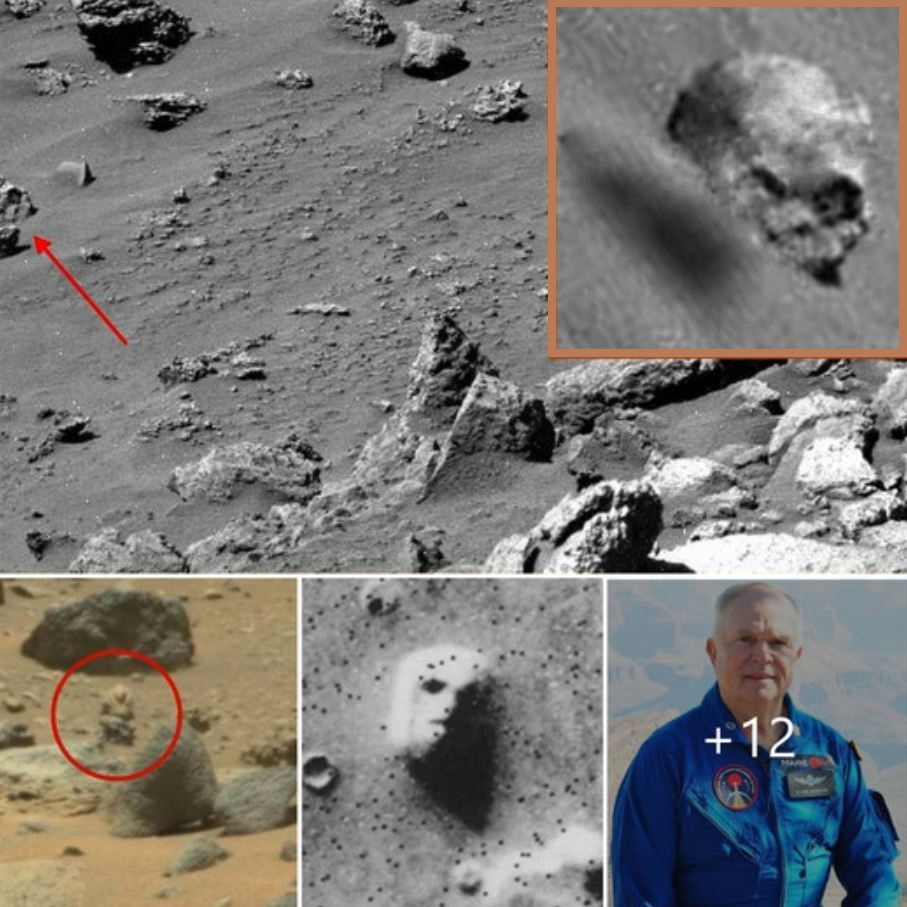Mars has long been a subject of fascination and intrigue for scientists, astronomers, and the general public. The Red Planet, with its stark landscapes and potential for harboring life, has been the focus of numerous missions and studies. Recently, the discovery of formations resembling alien skulls on Mars has sparked a wave of excitement and speculation. In this article, we delve into these intriguing findings, exploring their implications and the ongoing quest to uncover the mysteries of Mars.
The Discovery: Alien Skulls on Mars?
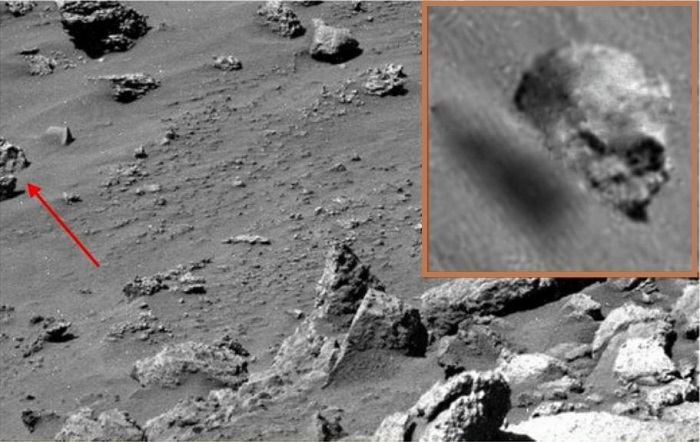
Reports of alien skull-like formations on Mars have captivated the imagination of many. These discoveries primarily come from detailed images taken by rovers and orbiters exploring the Martian surface. Some of these formations bear a striking resemblance to skulls, complete with eye sockets, nasal cavities, and jawlines.
Analyzing the Evidence
One of the key explanations for these skull-like formations is pareidolia, a psychological phenomenon where people see familiar patterns, such as faces, in random objects. Mars, with its rocky terrain and shadows, is a prime candidate for pareidolia. The human brain is wired to recognize faces, making it easy to perceive skull shapes in Martian rocks.
Mars is home to a variety of geological processes, including erosion, volcanic activity, and sedimentation, which can create unusual rock formations. Wind and sandstorms, prevalent on the Martian surface, can sculpt rocks into shapes that might resemble skulls or other familiar objects.
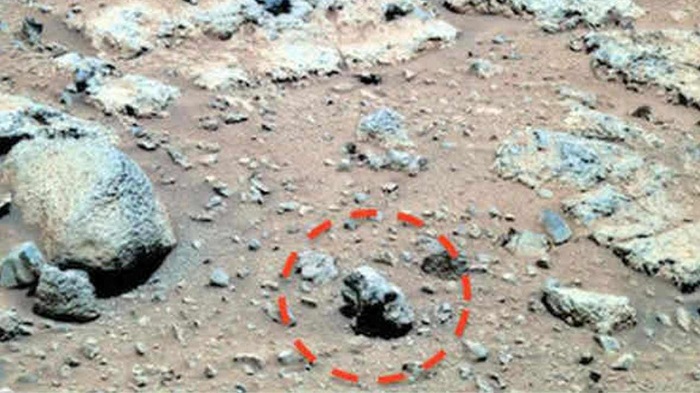
Scientists approach these discoveries with a healthy dose of skepticism and rigorous analysis. By studying high-resolution images and employing advanced imaging techniques, researchers can better understand the true nature of these formations. In most cases, detailed examination reveals that the “skulls” are simply rocks with coincidental shapes.
The Implications of Discovering Life on Mars
While the skull-like formations on Mars are fascinating, the broader quest to find evidence of life on the Red Planet continues to be a major scientific endeavor. The discovery of microbial life, past or present, would have profound implications for our understanding of life’s existence beyond Earth.
Astrobiologists study the conditions necessary for life and seek to identify planets and moons where these conditions might exist. Mars, with its history of liquid water and potential for habitable environments, is a prime candidate for this research. The discovery of even the simplest forms of life on Mars would suggest that life could be more common in the universe than previously thought.
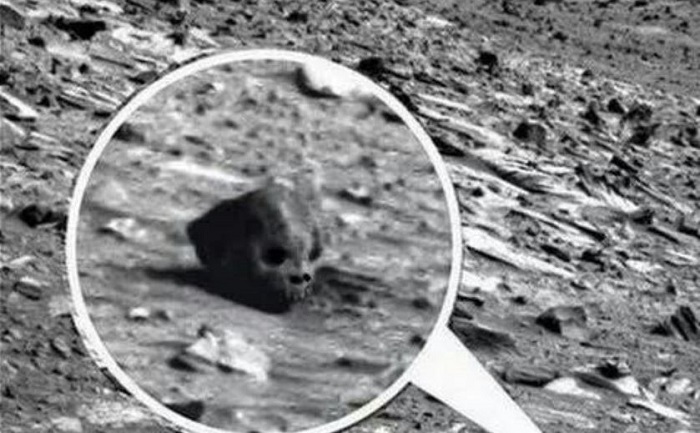
Robotic missions, such as NASA’s Perseverance rover and ESA’s ExoMars mission, are equipped with advanced instruments designed to search for signs of past or present life on Mars. These missions collect and analyze soil and rock samples, searching for organic compounds and other indicators of biological activity. The findings from these missions will be crucial in determining whether Mars ever supported life.
The Cultural and Philosophical Impact
The discovery of alien skull-like formations on Mars has also had a significant cultural and philosophical impact. It sparks curiosity and debate about the possibility of extraterrestrial life and our place in the universe.
These discoveries inspire scientists, researchers, and the general public to continue exploring Mars and other celestial bodies. They remind us of the importance of curiosity and the pursuit of knowledge, driving further exploration and scientific inquiry.
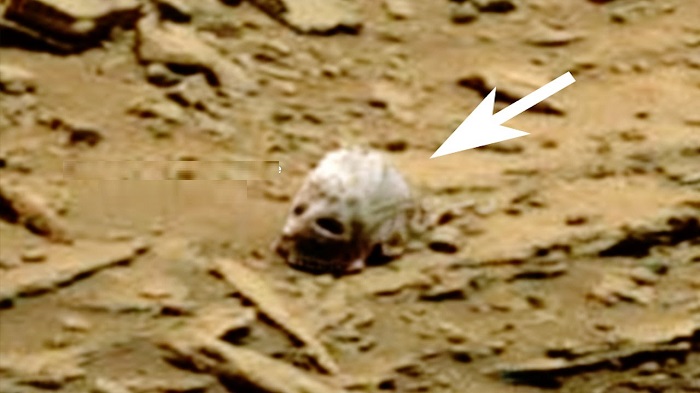
The potential discovery of life on Mars, whether through microbial evidence or more speculative skull-like formations, prompts deep philosophical questions about humanity’s place in the cosmos. It challenges us to consider our uniqueness and the possibility that life might exist elsewhere in the universe.
Unveiling Mars’ Mysteries
The discovery of formations resembling alien skulls on Mars, while likely explained by natural geological processes and pareidolia, continues to captivate our imagination and drive the quest for knowledge. As we explore Mars and seek to uncover its secrets, each new discovery brings us closer to understanding the Red Planet and our place in the universe.
Through rigorous scientific investigation and continued exploration, we may one day uncover definitive evidence of life on Mars. Until then, the mysteries of the Red Planet will continue to inspire and intrigue, reminding us of the endless possibilities that await beyond our own world.
